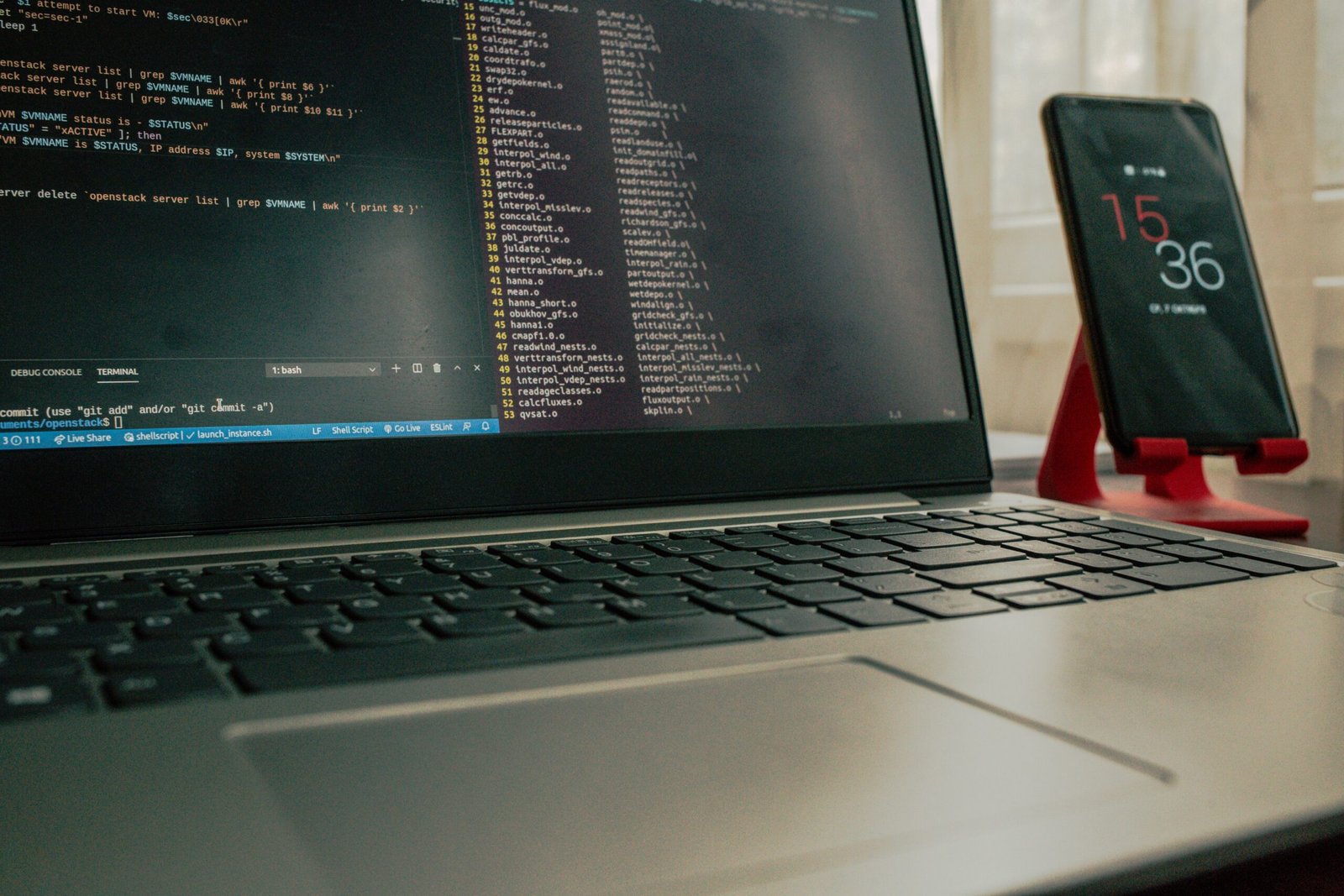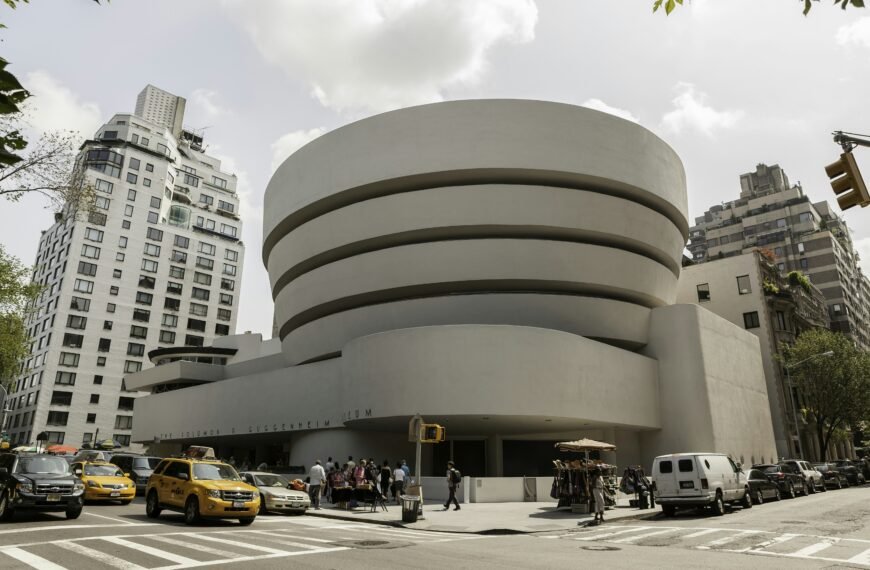Imagine the chaos that would ensue if museums around the world suddenly lost access to their digital collections and sensitive data. Unfortunately, this nightmare became a reality when a cyberattack targeted a widely used software that helps museums showcase their artworks online and manage internal information. The Museum of Fine Arts Boston, the Rubin Museum of Art, and the Crystal Bridges Museum of American Art are just a few of the institutions that have experienced outages due to this attack. While some museums were unaffected because they host their own databases, the impact on those affected is significant. The loss of invaluable information about artworks could have a profound impact on our understanding of the world.

Background Information
Museums around the world have been hit by a cyberattack targeting widely used software that helps showcase their collections online and manage internal documents. The Museum of Fine Arts Boston, the Rubin Museum of Art in New York, and the Crystal Bridges Museum of American Art in Arkansas are among the prominent institutions that have reported outages in their systems.
The cyberattack was detected by the service provider, Gallery Systems, on December 28. Computers running the software became encrypted and could no longer operate. Immediate steps were taken to isolate the affected systems and investigate the issue. Law enforcement was also notified to assist in the investigation.
Affected Institutions
The Museum of Fine Arts Boston, the Rubin Museum of Art in New York, and the Crystal Bridges Museum of American Art in Arkansas are among the institutions that have reported disruptions due to the cyberattack. These museums have been unable to display their collections online and access sensitive information.

Timeline of the Cyberattack
The cyberattack on the software was detected by Gallery Systems on December 28. As soon as the problem was noticed, immediate steps were taken to isolate the affected systems and investigate the issue. Law enforcement was also notified to aid in the investigation.
Disruptions to Museum Websites
One of the noticeable effects of the cyberattack is the unavailability of the eMuseum tool on museum websites. This tool allows visitors to search online collections, but due to the attack, it is currently down. Behind the scenes, curators are also facing disruptions. They have found themselves unable to access sensitive information from Gallery Systems’ program called TMS. This information includes donor names, loan agreements, provenance records, shipping information, and storage locations of priceless artworks.

Confirmation from Museum Representatives
Representatives from the affected museums have confirmed the outages caused by the cyberattack. A spokeswoman from the Rubin Museum stated that they noticed the outage on December 28, with TMS being back and running, while eMuseum is still down. The director of the Frances Lehman Loeb Art Center at Vassar College confirmed that their museum, along with many others, has been impacted by the attack. The chief information officer at Crystal Bridges expressed concerns regarding the public’s inability to remotely view their collection during this disruption.
Increasing Frequency of Cyberattacks in Cultural Groups
Cyberattacks targeting cultural groups have been on the rise. Recently, the British Library experienced a ransomware attack, resulting in the theft of personal data and the posting of internal human resources files. The Metropolitan Opera and the Philadelphia Orchestra also faced cyberattacks, affecting their online ticketing systems. These attacks are often carried out by ransomware groups who hold the affected services hostage until a sum is paid. The nature of the attack on Gallery Systems is still unclear.
Impact on Museums
Some museums have managed to avoid the impact of the cyberattack by hosting their own databases, including the Metropolitan Museum of Art and the Whitney Museum of American Art. The Museum of Fine Arts Boston stated that while their digital collection page is no longer functional, their internal data remains uncompromised. However, the full extent of the cyberattack and its impact are still unknown.
Unknown Scope and Full Impact of the Cyberattack
The true extent of the cyberattack and its impact are still unknown. The loss of information due to this attack would be immense and have significant consequences. The information about artifacts in museums is not only valuable but also priceless. Generations of curators have worked tirelessly to research and document these artifacts, and the loss of this information would greatly hinder our knowledge of the world.
In conclusion, museums around the world have been affected by a cyberattack targeting widely used software. The Museum of Fine Arts Boston, the Rubin Museum of Art in New York, and the Crystal Bridges Museum of American Art are among the institutions facing disruptions. The cyberattack was detected by Gallery Systems, and immediate steps were taken to isolate and investigate the issue. However, the full impact of the attack and the extent of the loss of information are still unknown. The frequency of cyberattacks on cultural groups is increasing, posing a significant threat to the digital infrastructure of museums. Measures must be taken to strengthen the cybersecurity of these institutions and protect invaluable information about our shared cultural heritage.








